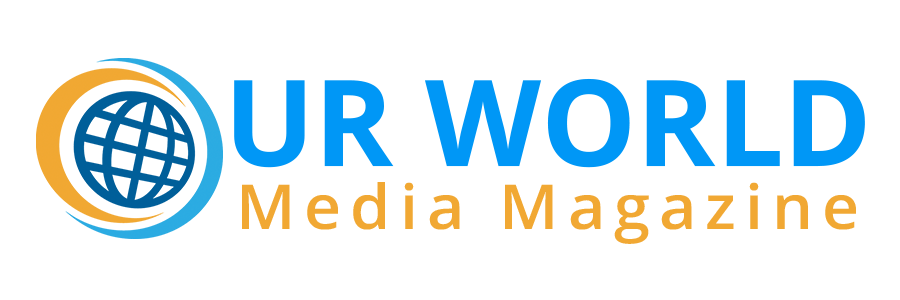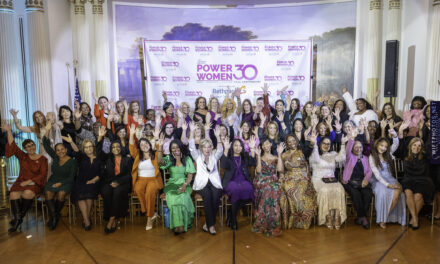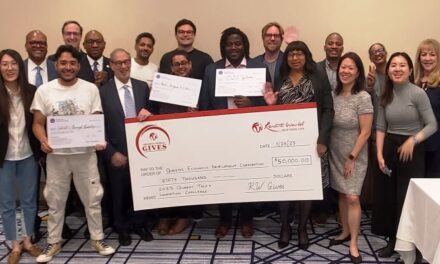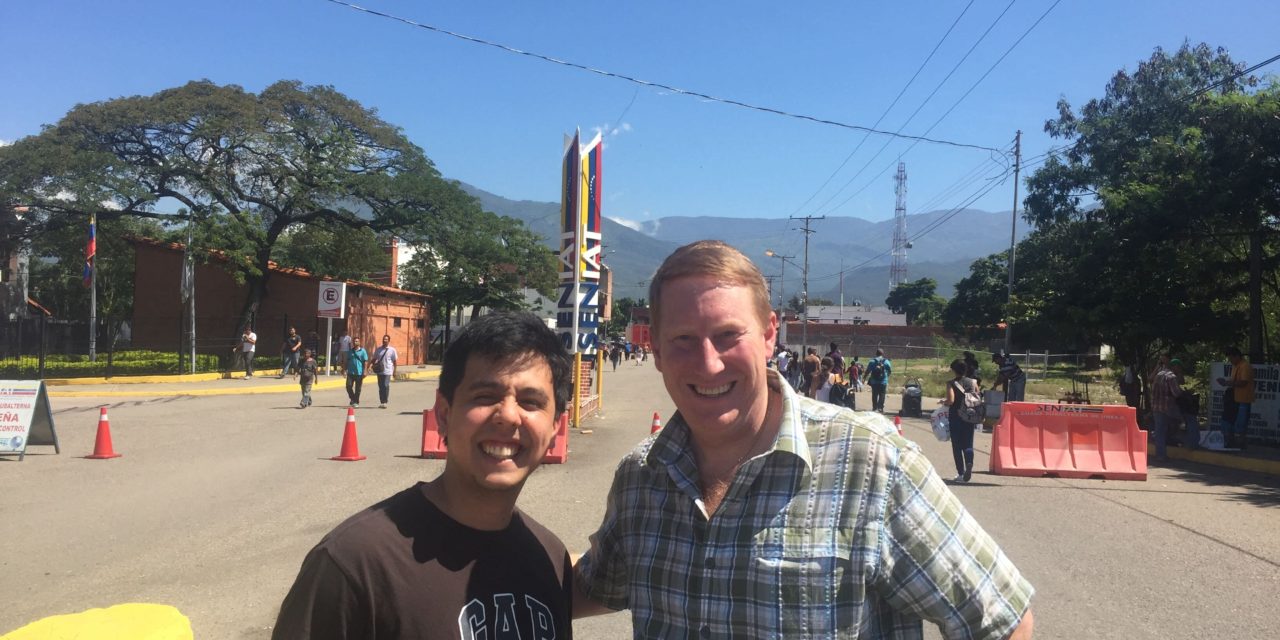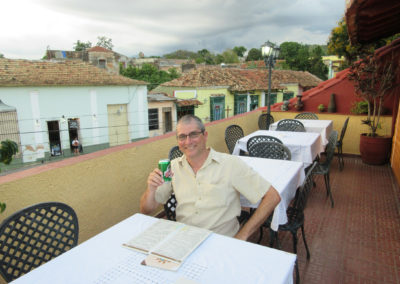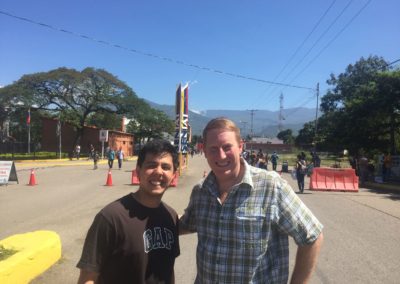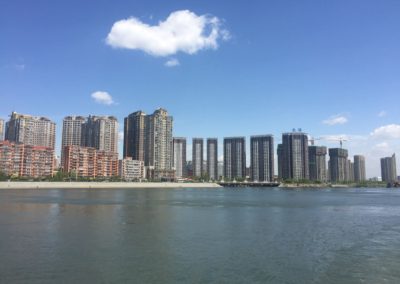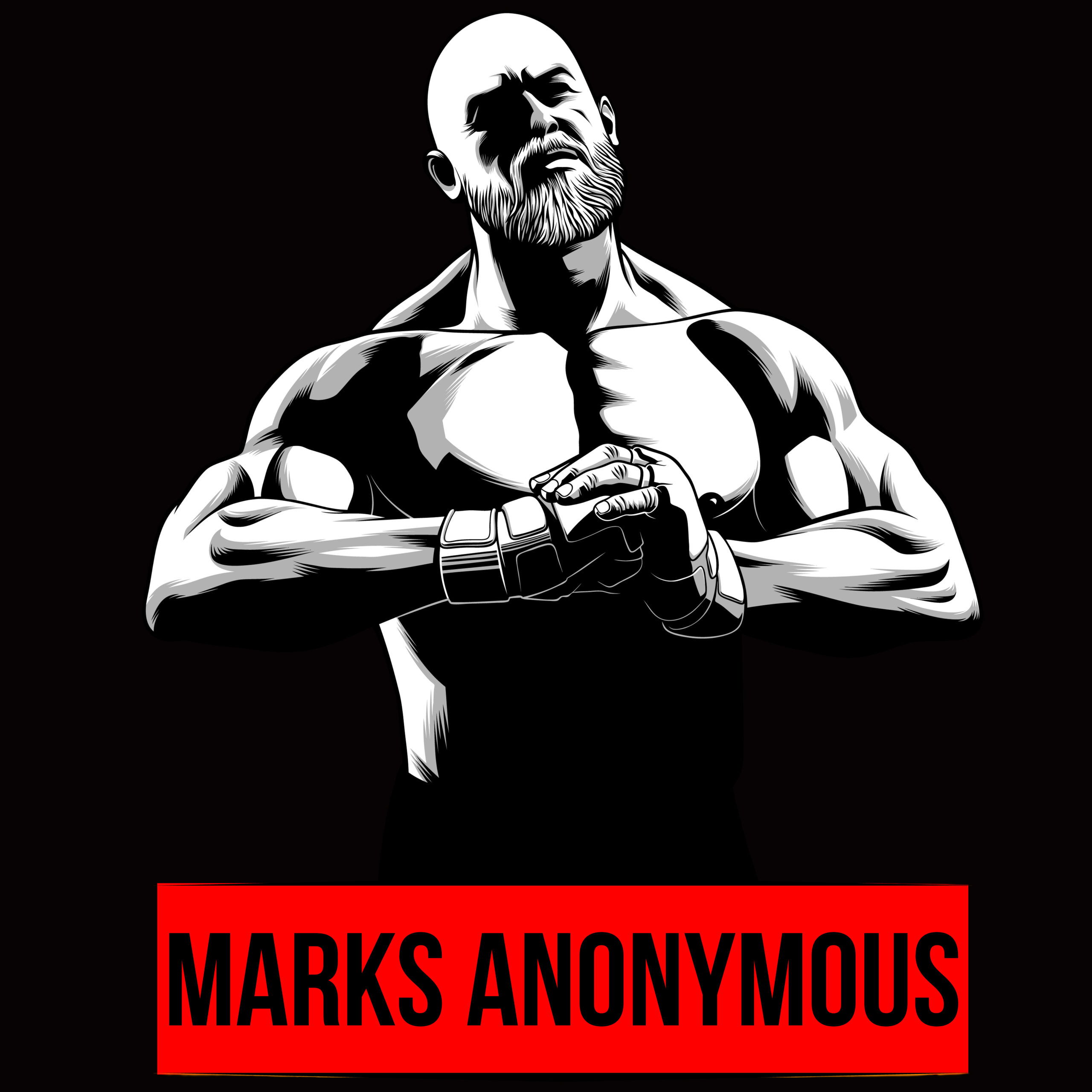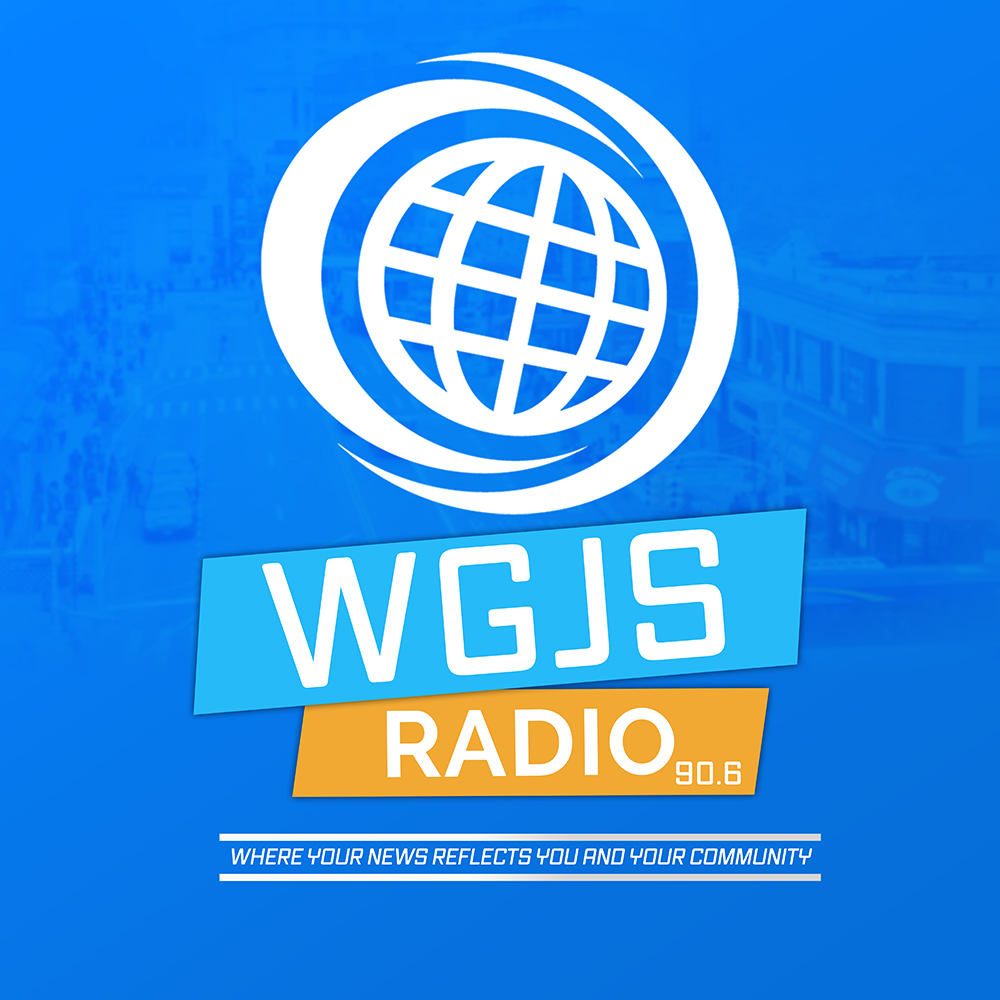Best Selling Authors Lawson and Powell: Socialism is a Five Letter Word
By Robert Golomb
Straightforward questions often produce straightforward answers. That to me seemed to be the case when in a recent interview, I asked Benjamin Powell and Robert Lawson, co-authors of the book “Socialism Sucks” why they had selected such a salacious title for their current best- seller.
“We decided to use that title”, said Powell answering first, “because it best describes life under socialism.”
Powell, 41, who like his free market conservative economist counterpart Lawson, 52, has written dozens of scholarly acclaimed essays touting the benefits of capitalism and warning of the dangers of socialism, asserted, “Based on the research we each separately conducted in writing essays contrasting free market economies with state run ones, and, based, of course, on our knowledge of its historically documented insidious record, it is clear that socialism never produces anything but human misery.”
But in “Socialism Sucks”, Powell and Lawson go beyond studying data and reading historical accounts to prove the ills of socialism. Rather, these two authors- who as they note in the book have been close friends, professional colleagues and beer drinking buddies for many years -journeyed on a world- wide tour, visiting socialist, former- socialist and semi- socialist nations. All to gain a first -hand understanding of the economic system they deplore.
“Socialism has resulted in mass murder and untold human suffering in every nation in which it has been tried”, contended Lawson, entering the discussion. “While we knew this as historians and economists, we wanted to be able to give a first- hand account of what life is really like living under a socialist government.”
The authors did just that, beginning in May 2016 with their visit to their first socialist destination, Cuba. There, (not following the sequence of their visits) in chapter two, tellingly named, “Subsistence Socialism: Cuba, May 2016”, Powell and Lawson write of their exploration of the daily lives of people living without sufficient supplies of basic human necessities. Depicting a typical day in that impoverished island, the authors in the chapter describe their visit to a Cuban grocery store where they observed, “A line of Cubans shopped their way down the counter. The place was an odd mix, somewhere between the worst imaginable version of a grade school cafeteria and a grocery in which 95% of the stock is depleted.”
Both married and parents, Powell revealed that he and Lawson often discussed how fortunate they, their wives and children were to live in a capitalistic America, as compared to the families they saw living in dictatorial, communist Cuba. “ As we witnessed first- hand the awful living conditions that mothers, fathers and their children were forced to endure in Cuba, we realized how fortunate we and our families were to live in America’’, stated Powell.
That feeling, both told me, remained with them when in January 2017, 8 months later, they visited Venezuela. There, as described in chapter one, aptly named, “Starving Socialism: Venezuela, January 2017”, the authors write, “people line up early in the morning to get government rationed food and supplies, but the lines are long, the items are few, and the recipients are targets for thieves.”
While for me that terse description served as the most telling example of the nightmare that socialism has inflicted on Venezuela, the chapter contains many more, ranging, as the authors record, from a monthly surging four- digit inflation rate that has made its currency almost worthless, to a 30% increase in the rate of infant mortality.
The tragic living conditions evident throughout Venezuela, Lawson admitted, were difficult for him and Powell to witness. “It was very emotionally draining for us both”, he stated, “to see men, women and children deprived of sufficient quantities of the basic necessities of life- food, clothing, fuel, medical care- which they had in ample supply prior to 1992, when the then new socialist government came to power. The current poverty in Venezuela” he added, “can be explained in one word: socialism.’’
In May 2017, just five months later, as if saving the worst of the worst for last, the two intrepid authors set their sights on North Korea, which they detail in chapter three, monikered, “Dark Socialism: North Korea, May 2017”.
However, the authors, rather than venturing into North Korea itself, travelled, due to safety concerns (They had been informed that the North Korean government knew of their anti- communist writings.), instead to neighboring China. There, as described in the chapter, they were able from the safe haven of a promenade located on the shoreline across a small river flowing into North Korea, to see in the latter, “only pure darkness.”
In the same chapter, the authors contrast that darkness with the illuminated nocturnal skies viewable in neighboring capitalistic South Korea, and also contrast the other forms of relative wealth enjoyed by South Koreans with the extreme poverty endured by the vast majority of North Koreans.
As the authors contend in the book and repeated to me during the interview, the reason for the enormous disparities in the living conditions of a people who share a common history, language, ethnicity and culture should be easy for the objective eye to see: North Korea is a communist dictatorship; South Korea is a capitalistic democracy.
And, just as with Cuba and Venezuela, the horror of living in the North Korean communist dictatorship, the authors assert in the book and once again repeated to me as we spoke, goes far beyond their awful economic circumstances.
“Like all communist/socialist governments, North Korea as a totalitarian state prevents all forms of free expression. Those who speak out against communism, or the government even suspects of harboring anti- government sentiments, face imprisonment, torture and even death”, stated Powell.
Nor, elaborated Lawson, are foreign visitors protected from such barbarity, “As you can read in the book”, he stated, “around a year before our trip to North Korea a college student, Otto Warmbier, ironically from my own hometown of Cincinnati, was, while on a college sponsored group tour, arrested and sentenced to 15 years in prison for allegedly stealing a propaganda poster. After being beaten into a coma by prison guards, Otto was sent home to America, where tragically he soon later died of those injuries.”
While the first three chapters describing life in Cuba, Venezuela and North Korea are filled with lament, the next three which examine the four former communist nations they subsequently visited, are filled with varying degrees of optimism.
Discussing these chapters and explaining the
significance of the title of each, Powell stated, “Just as with the first three chapters, we use the title of the next three to provide the reader with a short preview. For example, “Fake Socialism China, May 2017” {chapter four} describes the current reality of a mixed- Chinese economy.”
In that mixed Chinese economy, according to Powell, the Communist Party still rules the country, often brutally, but its rulers have largely abandoned socialism in favor of free-market reforms, which, have, he noted, produced a far higher standard of living for its citizens. “Despite what many people still believe, China, while still socialistic in many ways, has more of a free market economy than a collective one, which is why the title ‘fake socialism’ perfectly describes its economic system”, contended Powell.
The title of the next chapter, Hangover Socialism: Russia And Ukraine, September 2017”, Lawson told me, summarizes the dilemma these two former communist nations presently face.
“As we write in the chapter” Powell stated, “the incremental privatization of both economies has created a higher standard of living for its citizens, which makes us somewhat hopeful about their future.
“However’’, he continued, “as we also write, the corruption that ran through every inch of the Communist Party of the past remains alive in both Russia and the Ukraine today. Which is why we end the chapter with the words, ‘both of these countries suffer from a big communist hangover.’’’
The after effects of communism were less evident but still present in Russia’s southern neighbor, Georgia, where the authors visited as the last stop on their foreign tour and write about in chapter six, “New Capitalism: Georgia, September, 2017.” In the chapter, the authors attribute the initial problems first experienced by Georgia, a client state of the Soviet Union from 1971- 1991, mainly on the former’s inability to immediately abandon socialism after gaining its independence from the latter in 1991.
“As we explain [ in chapter six}, Georgia, for the first twelve years after leaving the Soviet Union, remained poor, because, as we write, its leaders continued to follow primarily socialist policies”, said Lawson.
That all changed for the good in 2004, Powell interjected, when Georgia, through a movement that became known as the “Rose Revolution”, abandoned socialism in favor of a free market, capitalist economic system. “There is a good reason why we gave the chapter its name. It took a long twelve years, but once Georgia became a new capitalistic nation, its economy began to improve dramatically”, stated Powell.
“In the Georgia we visited in the summer of 2017, just fourteen years after capitalism supplanted socialism, income levels and living standards were rising virtually for everyone” added Lawson. “For us, Georgia presented the perfect example of why capitalism is great and socialism really does suck.”
Back in the USA one year later, with the lessons they learned from their recent travels still fresh in their minds, Lawson and Powell remained unable to understand why so many Americans, up to 40% according to some polls, possess a positive view of socialism.
As Lawson reflected, “After visiting socialist Cuba, Venezuela and North Korea where we witnessed its people living lives of economic despair and political oppression; [after} then visiting China, Russia, the Ukraine and Georgia, where we witnessed the everyday lives of its citizens improving due to the de-socializing of their economies; and finally after returning home to America where people enjoy the freedom and prosperity that can only come from living in a capitalist democracy, we could not understand why so many Americans, especially millennials, have a positive view of socialism.”
To gain such an understanding, the authors, in July 2018, sojourned to the Chicago Hyatt Regency, where they “infiltrated” the Socialism Conference, held there. This annual event, attended by thousands of American self- described socialists, served as the subject of the seventh and final chapter of the book,“Conclusion: Back in the USSA, July 2018.”
“We came to better understand the belief systems of socialists, many of whom we spoke with at the conference; we knew that these views, once out of the American mainstream, are shared today by millions of their socialist fellow- adherents across America”, explained Powell of his unlikely visit to a leftist run event. “We found”, he elaborated, “as we indicate in the book, that these socialists’ definitions and understanding of socialism varied greatly from attendee to attendee and from speaker to speaker. What we also found strange was that many of them didn’t even talk about the fundamental tenet of socialism: that private property must be outlawed and replaced with collective ownership. Yet, they all did seem to be convinced that capitalism is barbarous and socialism is humane.”
Perhaps Lawson and Powell should have given each and every one of these socialist state devotees a copy of “Socialism Sucks” to take home and read.
Robert Golomb is a nationally and internationally published columnist. Mail him at [email protected] and follow him on Twitter@RobertGolomb
Ben Powell stands with a local at the Venezuelan-Colombian border, where locals often cross for cheaper, more plentiful Colombian goods
Ben Powell stands with a local at the Venezuelan-Colombian border, where locals often cross for cheaper, more plentiful Colombian goods. CREDIT: Bob Lawson
Bob Lawson poses with one of the two kinds of beer available in Cuba. CREDIT- Ben Powell
Bob Lawson poses with one of the two kinds of beer available in Cuba. CREDIT: Ben Powell
